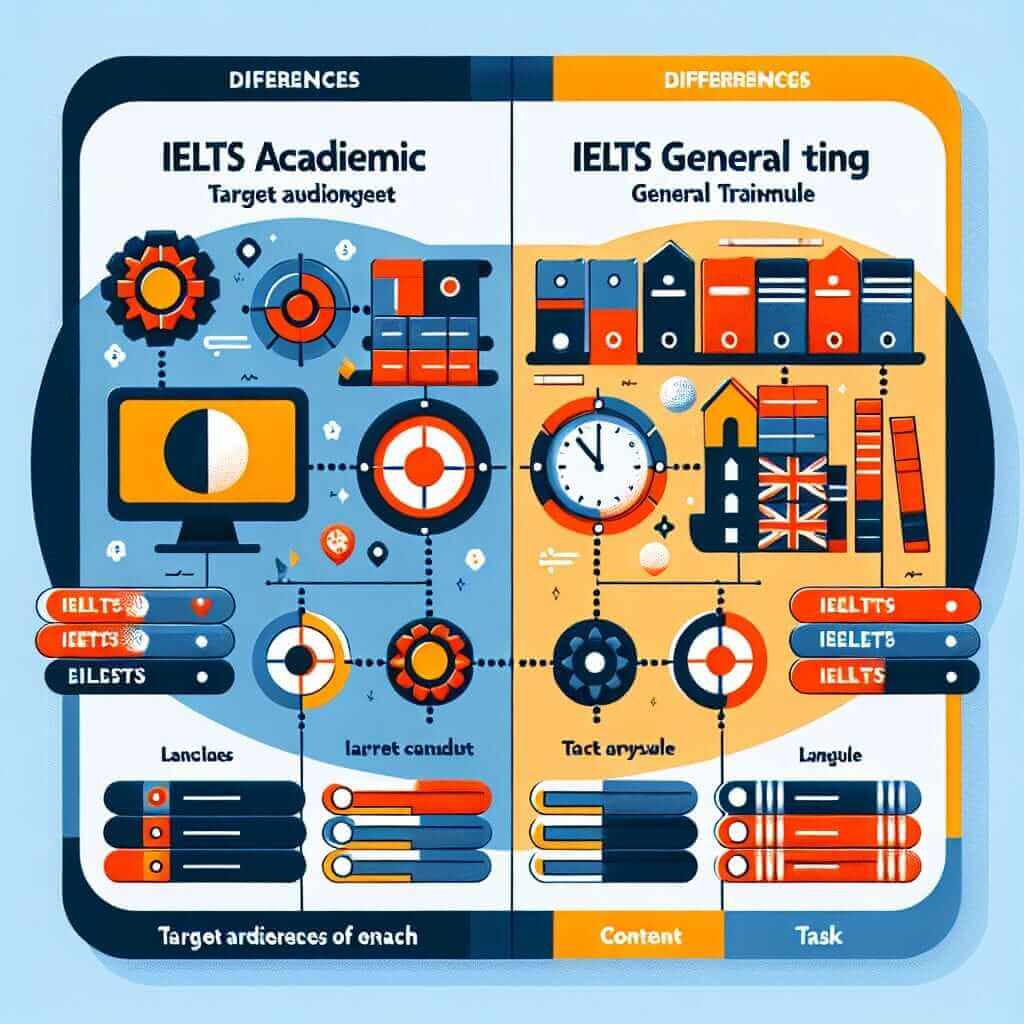As an IELTS instructor with over two decades of experience, I often encounter students puzzled by the acronyms “AC” and “GT” in the context of IELTS. These seemingly small letters hold significant weight, as they represent different pathways within the IELTS exam. Understanding their distinctions is crucial for choosing the right test format and maximizing your preparation efforts.
AC and GT in IELTS: Unraveling the Mystery
“AC” stands for Academic while “GT” represents General Training. These are the two modules of the IELTS exam, each catering to a distinct purpose:
IELTS Academic: Designed for individuals aiming to pursue higher education at undergraduate or postgraduate levels. It assesses your English language proficiency to handle academic coursework and environments.
IELTS General Training: Tailored for those planning to migrate to an English-speaking country (like Australia, Canada, New Zealand, or the UK) or seeking training programs or work experience. It evaluates your ability to navigate everyday social and workplace situations.
How Do AC and GT Differ?
While both modules assess your listening, reading, writing, and speaking skills, the content and task types vary significantly.
1. Reading and Writing Sections:
- IELTS Academic: Features academic texts, often excerpts from journals, books, or research articles. Writing tasks involve describing data, interpreting charts, and presenting arguments.
- IELTS General Training: Presents everyday texts like advertisements, notices, or company handbooks. Writing tasks focus on practical scenarios, such as writing letters or responding to situations in a work context.
2. Listening and Speaking Sections:
The difference is less pronounced in these sections, with a slight tilt towards academic language and topics in the IELTS Academic module.

Choosing the Right IELTS Module:
Selecting the appropriate module is paramount for success. Consider your primary goal:
- Higher Education: Opt for IELTS Academic.
- Migration, Work, or Training: IELTS General Training is the right choice.
Important Note: Always verify the specific IELTS requirements of the institution or organization you are applying to.
Excelling in Your Chosen IELTS Module:
Regardless of your chosen module, these tips will serve you well:
- Familiarize yourself with the test format: Understand the structure, timings, and question types for each section.
- Practice consistently: Utilize official IELTS practice materials and simulate test conditions.
- Enhance your vocabulary: A strong vocabulary is essential for all sections, particularly reading and writing.
- Develop effective time-management strategies: Time is of the essence in IELTS, so practice pacing yourself.
- Seek feedback from experienced IELTS instructors: Professional guidance can pinpoint areas for improvement and provide valuable test-taking strategies.
In Conclusion:
“AC” and “GT” are your gateways to distinct opportunities within the realm of IELTS. By understanding their nuances and aligning your choice with your aspirations, you set yourself on the path to achieving your desired IELTS score. Remember, thorough preparation is key, regardless of the path you choose. Good luck!